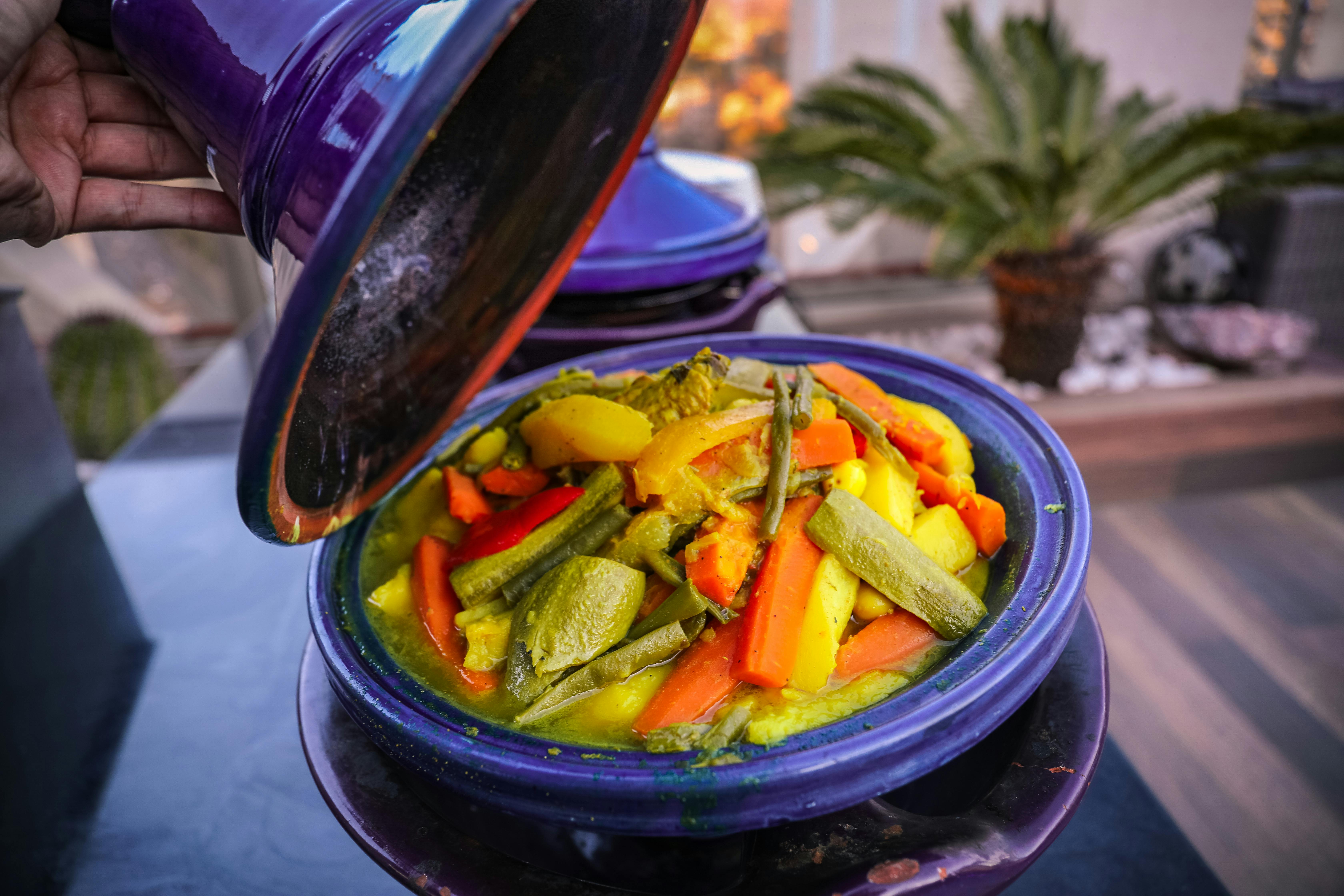Unveiling the Mysteries of the Mediterranean Diet
Food is not just about nourishment. It is an expression of culture, a source of comfort, and a conduit for connection. The Mediterranean diet is a glowing testament to this. This lifestyle-based approach to eating is not just delicious and healthy, but also steeped in history and tradition.

A Journey to the Mediterranean
The Mediterranean diet is a way of eating that’s based on the traditions and foods of the countries bordering the Mediterranean Sea. It emphasizes fruits, vegetables, whole grains, legumes, nuts, and olive oil. It also includes moderate amounts of fish and poultry, with red meat and sweets eaten sparingly.
More Than Just a Diet
The Mediterranean diet is more than just a list of foods to eat or avoid. It is a lifestyle that encourages physical activity and enjoying meals with family and friends. The diet also values the enjoyment of eating healthy and delicious foods, making it a pleasure to follow.
The Health Benefits
Numerous studies have shown that the Mediterranean diet can lead to significant health benefits. It has been linked to lower levels of LDL (bad) cholesterol, reduced risk of heart disease and stroke, improved weight loss, better control of blood sugar levels, and increased longevity.
The Magic of Olive Oil
Olive oil is a cornerstone of the Mediterranean diet. It is used not just for cooking, but also for dressing salads and vegetables, for baking, and even for drinking. The oil is rich in monounsaturated fats, which can help reduce bad cholesterol levels and provide a healthy dose of antioxidants.
Mediterranean Spices and Flavors
Spices play a big role in Mediterranean cooking, adding depth and complexity to dishes. Commonly used spices include oregano, basil, thyme, rosemary, and parsley. Many dishes also feature garlic, onions, and tomatoes, which add flavor while also providing a wealth of health benefits.
-
Tips and Insights
-
You can start incorporating the Mediterranean diet into your life by swapping out butter for olive oil, eating more fruits and vegetables, and choosing whole grains over refined ones.
-
Seafood is a staple in this diet. Try to incorporate fish into your meals at least twice a week.
-
While red wine is often associated with the Mediterranean diet, it’s important to remember that moderation is key.
-
The Mediterranean diet is not just about food. It’s about a way of life that values good health, delicious food, and the joy of sharing meals with those we love. So why not take a culinary journey to the Mediterranean and experience the vibrant flavors and fulfilling lifestyle it has to offer?




